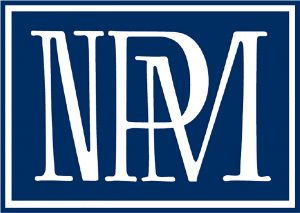Tues, Feb 3, 10:45a-Noon & Weds, Feb 4, 1:30p-2:45p, Online
As the Church receives a new translation of the ritual book for pastoral care of the sick and their anointing (optional use beginning Feb 11, required by Easter Sunday), join this online gathering of priests, deacons, and lay ministers engaged in pastoral care of the sick to consider not only the new ritual book, but the broader pastoral care that the Church offers to the sick and dying.
Fr. Michael Lewis, Director of the Office of Divine Worship for the Diocese of El Paso and a veteran pastor and teacher, will lead us in exploring the pastoral, historical, theological, liturgical, and practical dimensions of this important sacrament and ministry.
(The same content is offered each time; choose which works best for you.)
Cost: FREE!
Questions: Contact the ODWS

Fr. Michael L. Lewis, S.T.L. is a priest of the Diocese of El Paso and the pastor of Most Holy Trinity Catholic Church & School in El Paso, Texas. He also serves as the director of the diocese’s Office of Divine Worship, the diocesan master of liturgical celebrations, and as a chaplain to three hospitals. Prior to his ordination as a priest, he worked as a writer and editor at Scripps-Howard newspapers in Texas and Florida, and as a civilian journalist for the U.S. Army. He serves as the Region 10 representative on the board of the Federation of Diocesan Liturgical Commissions, and as the vice-president of the Southwest Liturgical Conference board of directors.
REGISTRATION
"*" indicates required fields


